As global power dynamics shift, Hungary positions itself as a challenger to the Western liberal order, advocating for sovereignty, economic reform, and a departure from established norms. This blog explores Hungary’s unique perspective on the evolving geopolitical landscape and its implications for Europe and beyond.
Table of Contents
- Introduction to the New World Order
- The Isolation of the EU
- Conclusion: The Future of Hungary and Europe
Introduction to the New World Order
The current global landscape is undergoing a significant transformation. The era dominated by the Western liberal order, particularly the Anglo-Saxon hegemony, is fading. New powers are emerging, reshaping political, economic, and cultural structures that will define international relations for decades to come.
As these changes unfold, it is crucial to understand the implications for nations like Hungary. The shift signifies not just a change in leadership but a realignment of values and strategies in the international arena.
The Collapse of Western Liberalism
The concept of liberal democracy, long regarded as the pinnacle of governance, is facing a crisis. The Western liberal elite has constructed a system that prioritizes ideological conformity over genuine economic growth. This has led to stagnation, evident in skyrocketing inflation and dwindling wages.
These failures originate from a misguided focus on diversity and moral superiority, often at the expense of competitiveness and performance. The result has been a self-inflicted collapse of the very system that was meant to uplift and empower citizens.
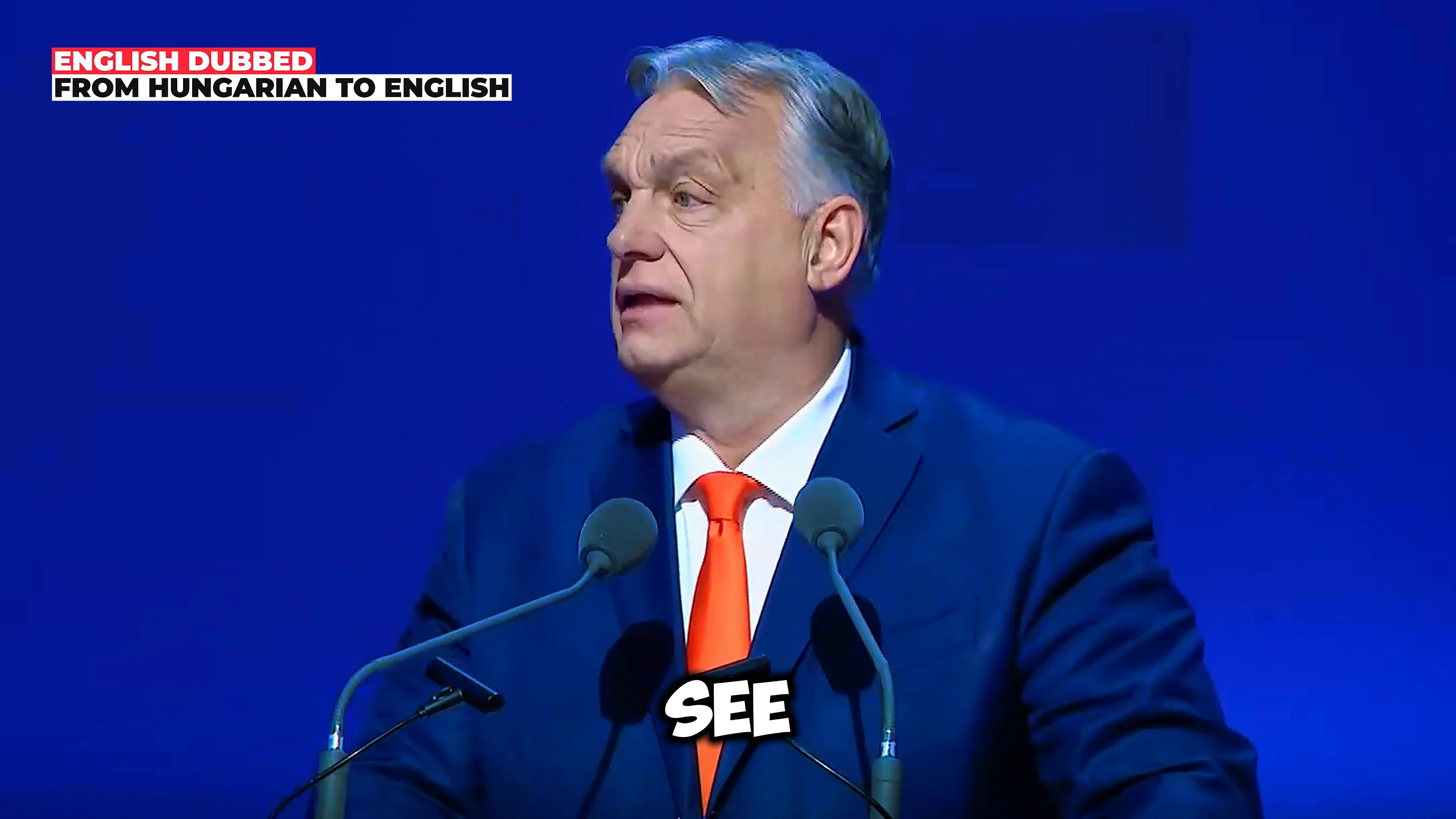
Economic Consequences of Woke Capitalism
The rise of woke capitalism has had profound economic repercussions. As corporations prioritize social justice over profitability, the traditional tenets of capitalism are eroded. This shift has stunted economic growth and led to widespread factory closures across the West.
Moreover, the focus on environmental policies has not only caused financial strain but has also alienated potential markets. Countries that embrace these principles without considering their economic viability are setting themselves up for failure.
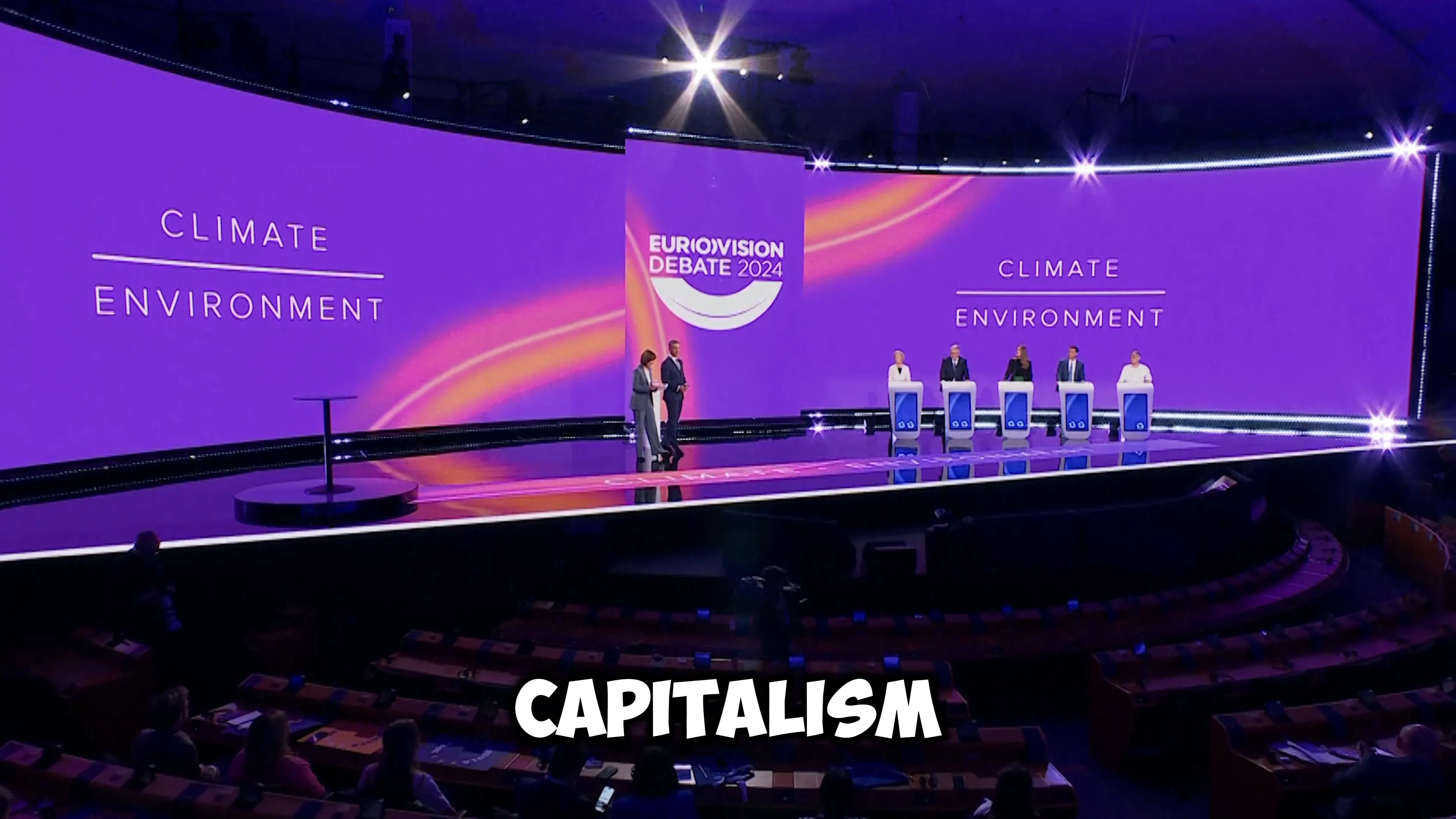
The Hungarian Response to European Policies
In stark contrast to the prevailing trends in Western Europe, Hungary has adopted a proactive stance. The Hungarian government has openly challenged the migration policies imposed by Brussels, advocating for a return to national sovereignty and control.
This resistance is not merely a reaction but a strategic maneuver to position Hungary as a key player in the new world order. By prioritizing national interests, Hungary seeks to emerge as a model for other nations grappling with similar challenges.
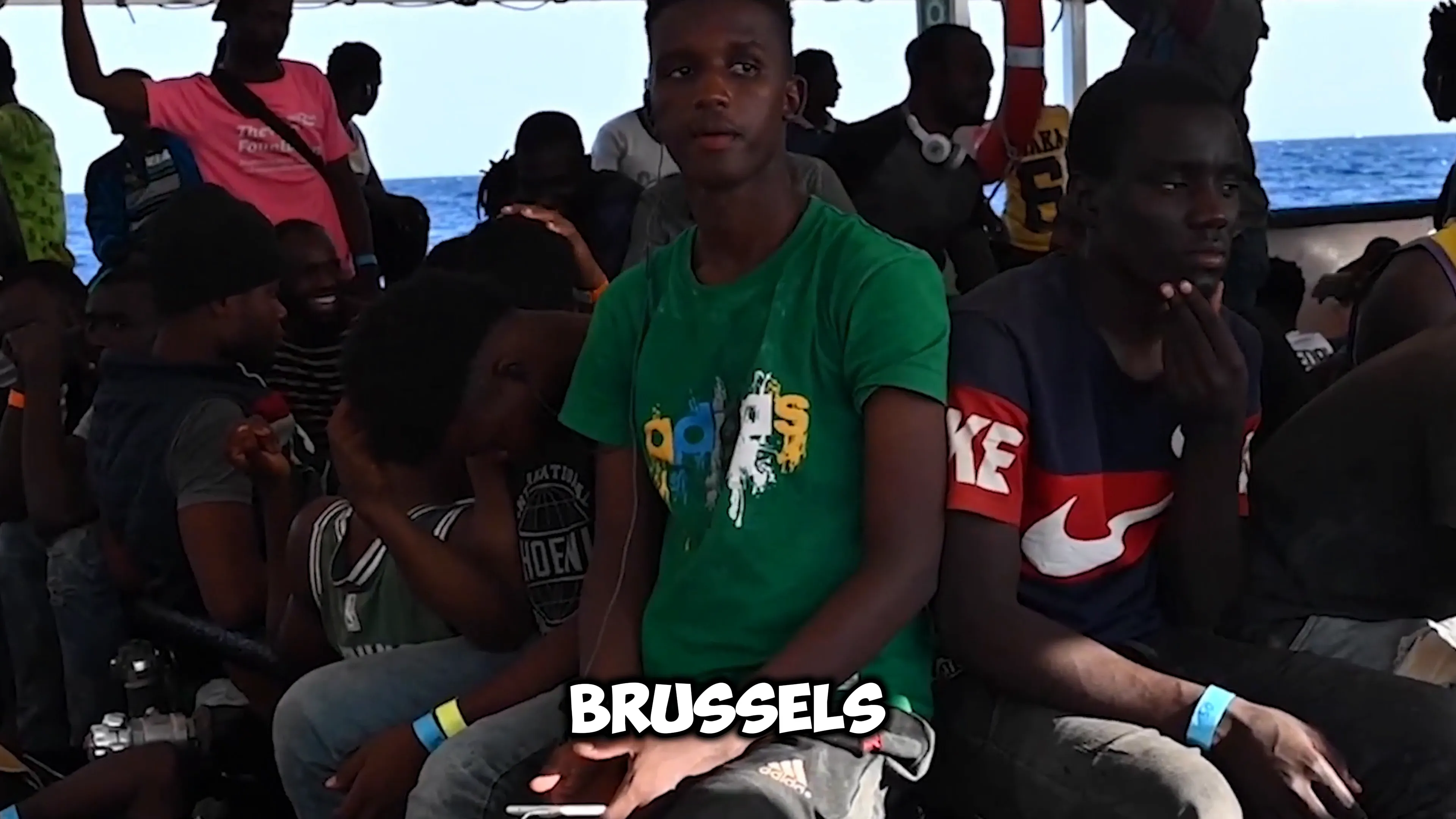
Hungary’s Economic Reforms and Achievements
Since the early 2010s, Hungary has embarked on a series of economic reforms that have yielded impressive results. By shifting the tax burden from labor to consumption, the government has fostered an environment ripe for investment and job creation.
This strategic pivot has led to a robust economy characterized by low unemployment and rising wages. Families are at the center of Hungary’s economic model, reflecting a commitment to social stability and growth.

The Hungarian approach has not gone unnoticed. It stands as a testament to the potential of alternative governance models that prioritize national interests over globalist agendas. As Hungary continues to navigate this new world order, its policies may serve as a blueprint for other nations seeking to reclaim their sovereignty and economic vitality.
With a focus on sustainable growth and a commitment to family-oriented policies, Hungary is setting itself apart from the EU’s prevailing narratives. The results are tangible, with significant public investment and support for small and medium enterprises, further solidifying Hungary’s position in the global arena.
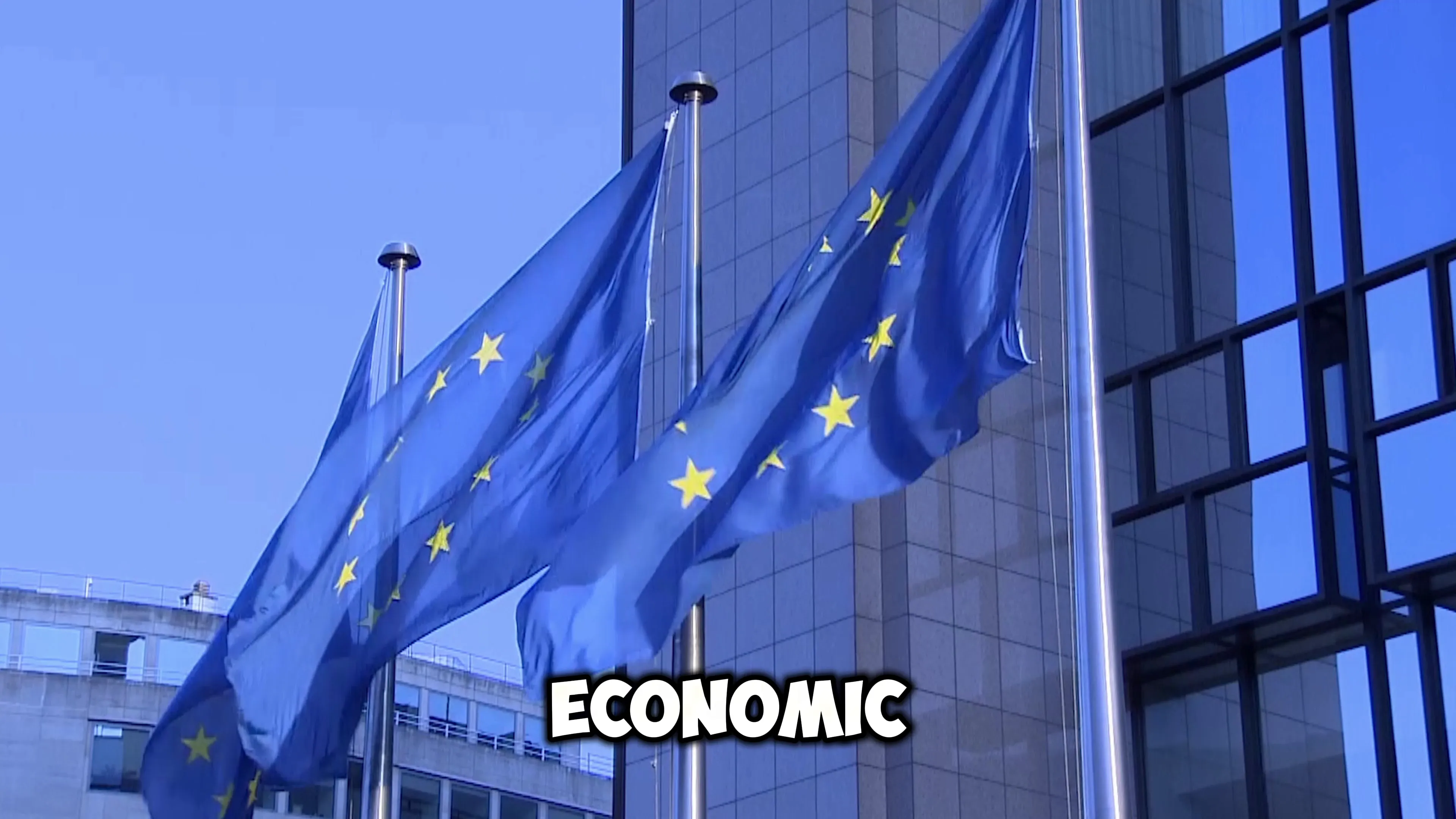
This ongoing evolution highlights the importance of adapting to changing geopolitical realities while remaining true to national values. Hungary’s journey is far from over, but its commitment to sovereignty and economic reform marks a significant chapter in the narrative of the new world order.
The Isolation of the EU
The European Union has increasingly found itself at odds with major global powers. This isolation stems from its self-imposed restrictions and an unwillingness to engage meaningfully with countries like China and Russia. By labeling China as a systemic rival and initiating tariff wars, the EU has distanced itself from one of the world’s economic superpowers.
Furthermore, the EU’s approach to the Russian-Ukrainian conflict has resulted in a significant loss of energy partnerships. The dismantling of the relationship that paired affordable Russian energy with advanced European technology has exacerbated the economic challenges faced by member states.
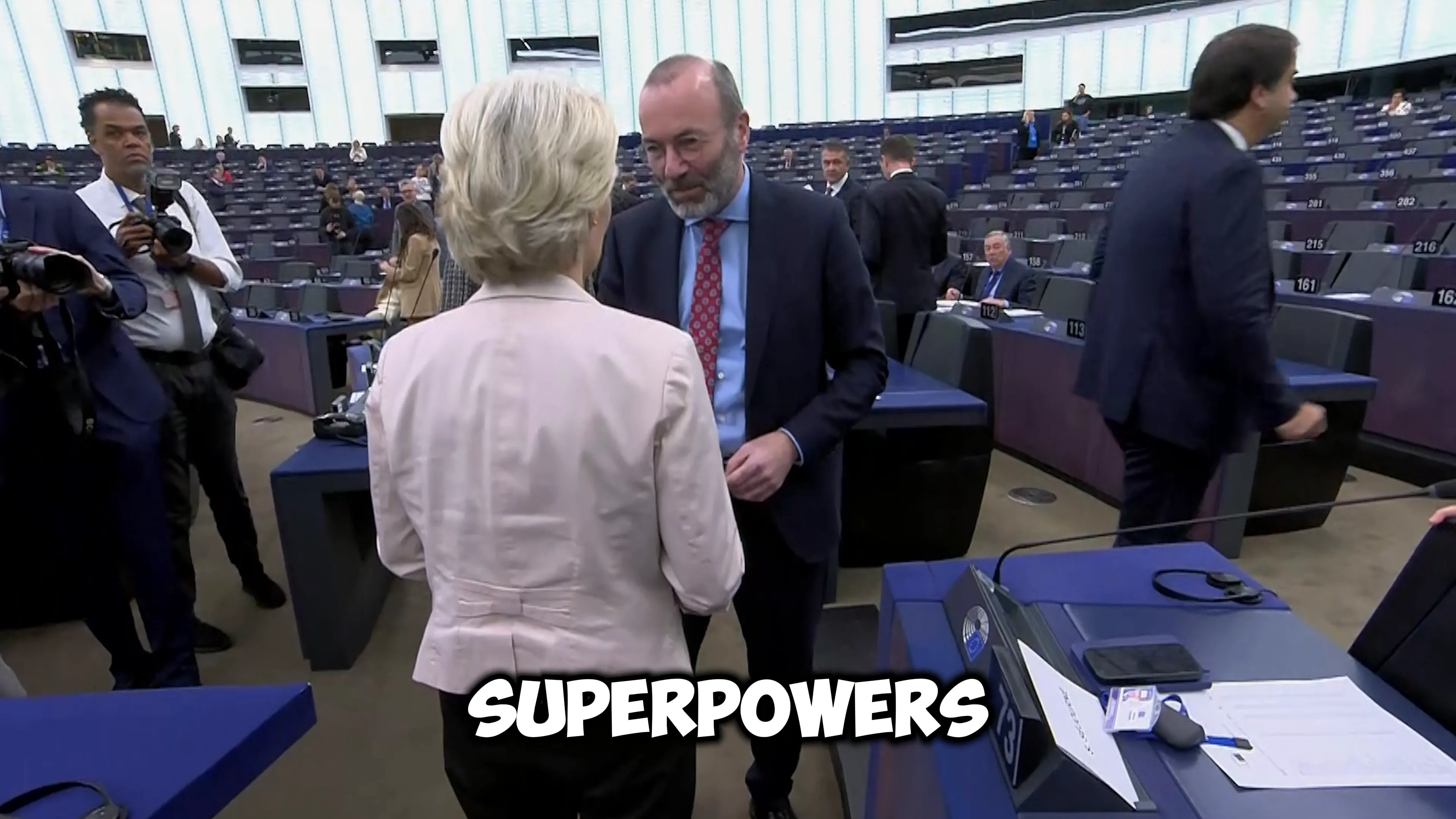
Brussels vs. National Sovereignty
The clash between Brussels and national sovereignty is at the heart of the current political turmoil within the EU. The union’s push for federalization threatens the autonomy of member states, raising critical questions about the future of European integration. Each nation must assess whether the common policies of the EU enhance their individual success or merely serve to bolster the supranational bureaucracy.
Hungary stands firm in its commitment to sovereignty, advocating for a system that respects the unique needs and aspirations of its citizens. This stance has positioned Hungary as a critical voice against the overwhelming influence of Brussels.

Challenges to the Brussels Oligarchy
The political elite in Brussels operates under an oligarchic structure that prioritizes its interests over those of the member states. This power dynamic is increasingly challenged by nations like Hungary, which demand accountability and adherence to the rule of law. The Hungarian government has been vocal about the need to confront corruption within the EU, arguing that the same standards applied to member states should also apply to Brussels.
Moreover, Hungary’s resistance to the Brussels agenda is not merely ideological; it reflects a growing desire among European citizens for a governance model that is responsive to their needs. The political landscape is shifting, with citizens increasingly aware of the implications of the EU’s actions on their daily lives.
A New Political Landscape in the West
As global dynamics evolve, a new political landscape is emerging in the West. The election of leaders who prioritize national interests and reject the status quo signals a shift away from traditional liberal policies. This realignment is particularly evident in the United States, where a new, more patriotic administration is gaining traction.
In Brussels, there is palpable excitement among conservative factions as they anticipate a change in the political tide. The emergence of tested patriots who value family, reject mass migration, and seek peace marks a departure from the liberal orthodoxy that has dominated for years. This shift is not just about politics; it reflects a broader cultural awakening across the West.
Conclusion: The Future of Hungary and Europe
The future of Hungary within the European context is poised to be one of resilience and determination. As the EU grapples with its identity and direction, Hungary’s commitment to sovereignty and national interests sets a powerful precedent. The ongoing challenges to the Brussels oligarchy will shape the trajectory of European politics for years to come.
Hungary’s success in navigating these turbulent waters serves as a beacon for other nations that seek to reclaim their autonomy and prioritize the well-being of their citizens. The road ahead may be fraught with obstacles, but the resolve to uphold national values remains steadfast.
Ultimately, the evolution of Hungary’s role in Europe will not only define its future but also influence the broader geopolitical landscape. The time for change is now, and Hungary is ready to lead the charge toward a more sovereign and prosperous Europe.
